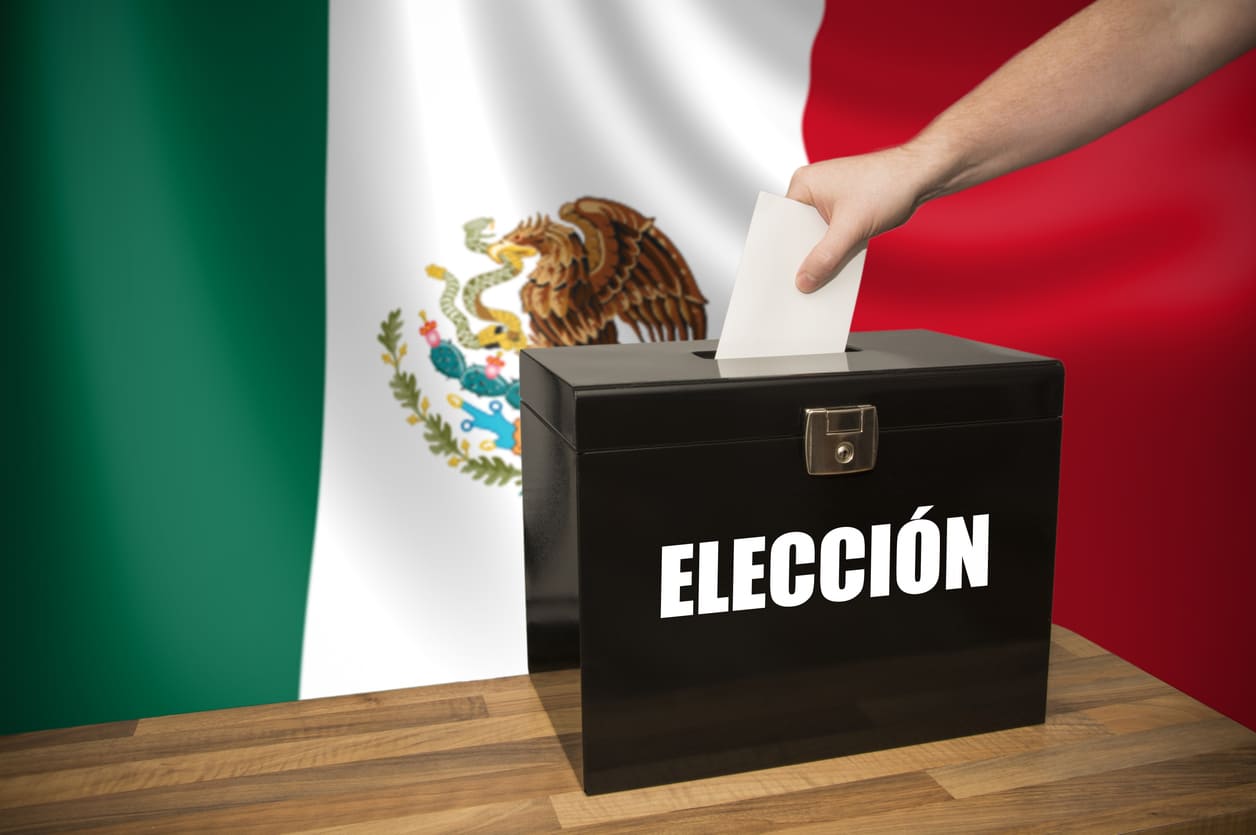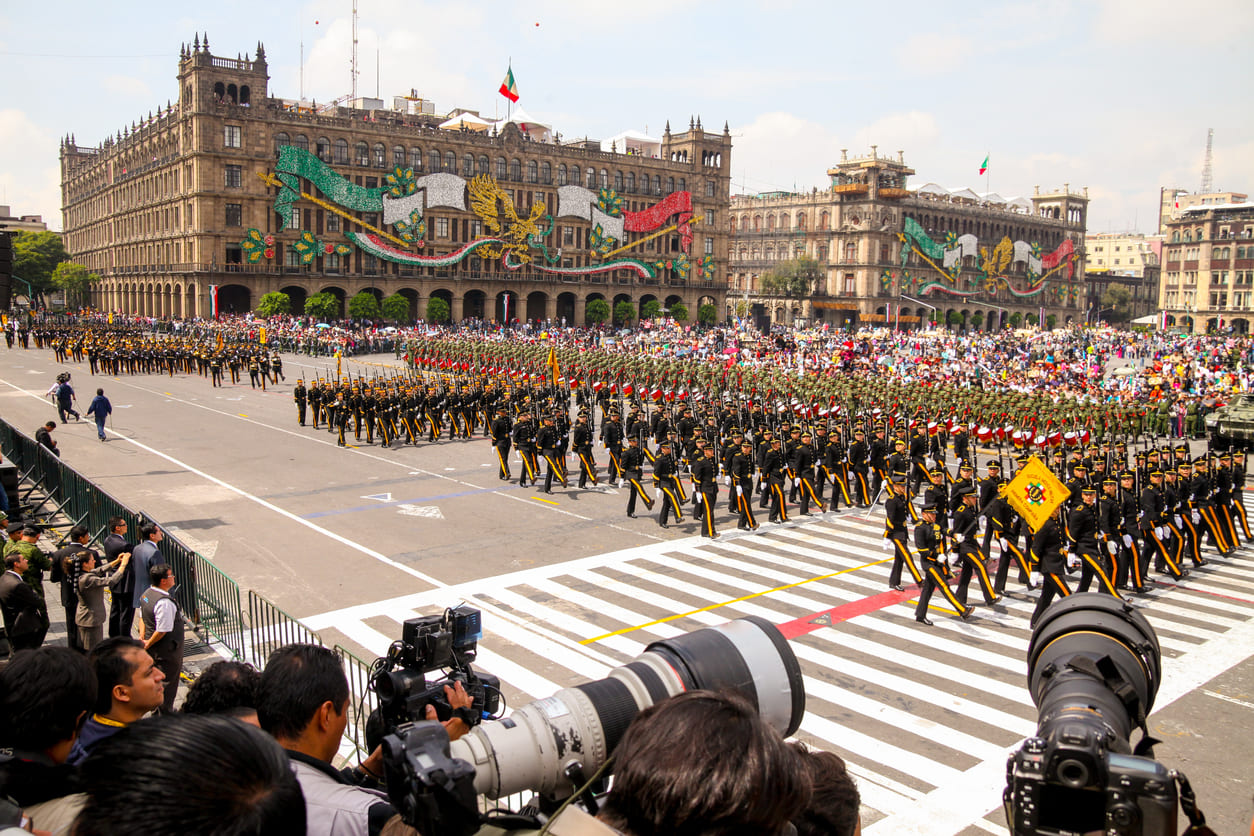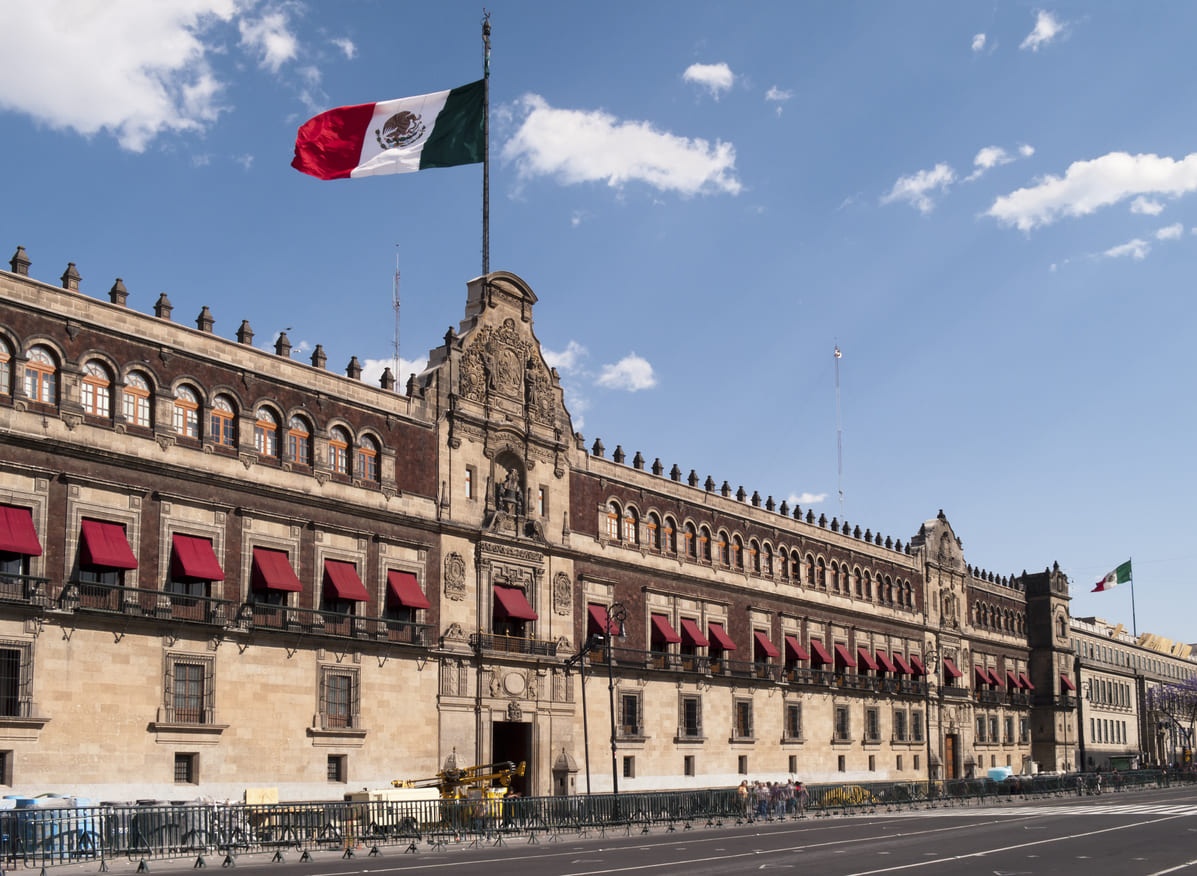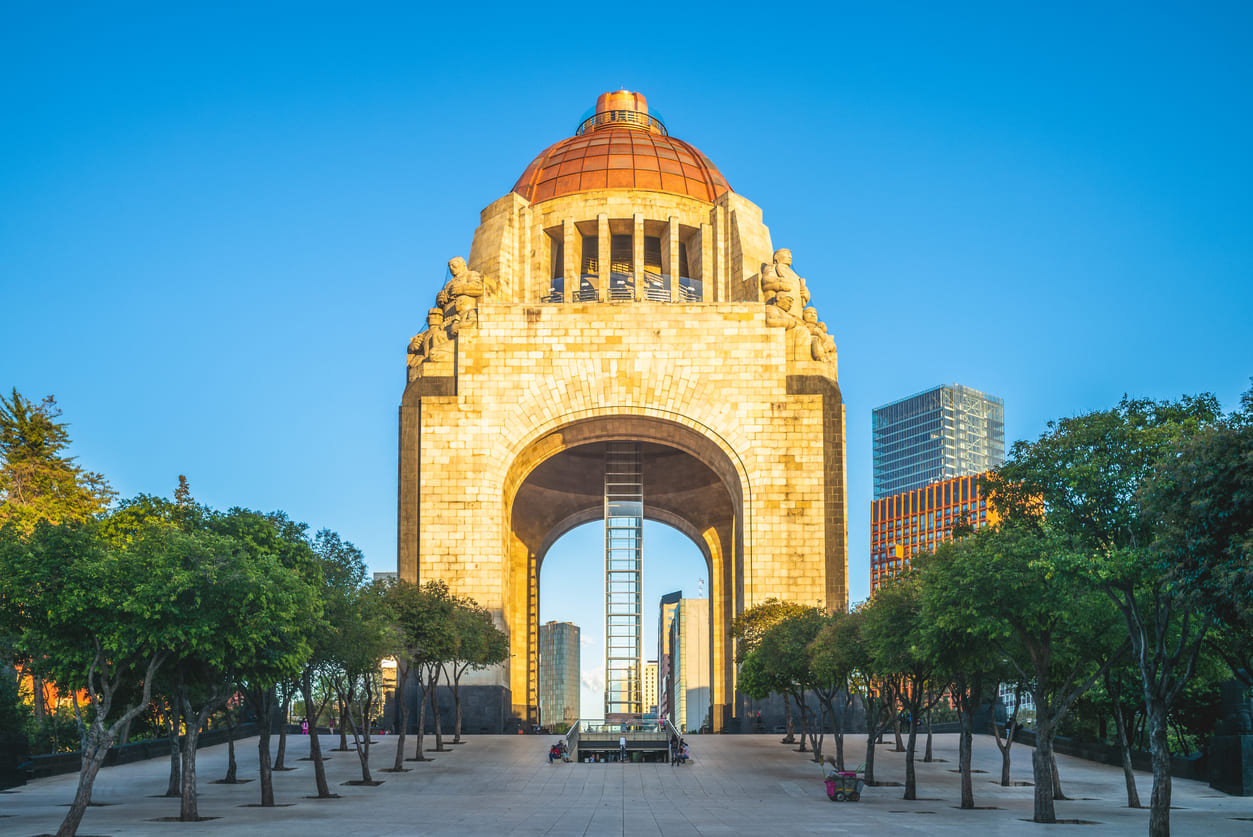Dates of Corpus Christi in Mexico
| 2026 | Jun 4 |
| 2025 | Jun 19 |
| 2024 | May 30 |
Mexico Holiday Calendars
Corpus Christi, known as "Corpus de Cristo," is a significant religious celebration honoring the Holy Eucharist. It is marked by processions, masses, and traditional festivities in many towns and cities across Mexico. The celebration reflects deep-rooted Catholic traditions and community participation.
Corpus Christi: A Public Holiday?
Corpus Christi is not a public holiday in Mexico, so schools and businesses remain open, but it is still widely observed through church services, processions, and local religious events.
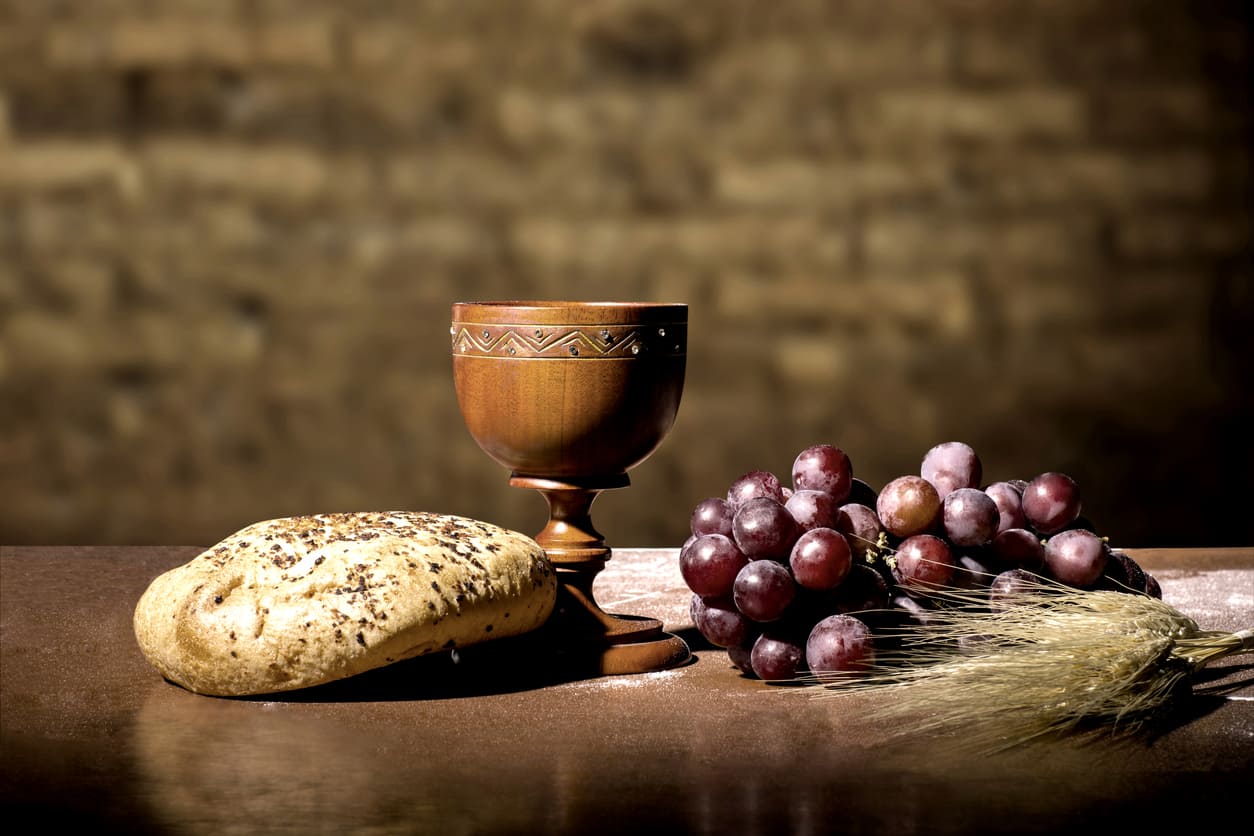
Corpus Christi
Corpus Christi, also known as Corpus de Cristo or Fiesta del Corpus, is a Catholic feast that began in the 13th century in Europe and was later brought to Mexico by Spanish missionaries during the colonial period. The celebration honors the real presence of Jesus Christ in the Eucharist. As Catholicism grew stronger in Mexican culture, Corpus Christi emerged as one of the key religious celebrations embraced by the faithful.
Over time, the celebration blended with local traditions and Indigenous customs, creating a unique way of observing the day. In many regions, the feast became a symbol of faith and community, with strong participation from both rural and urban areas. Although it is not a public holiday, its religious and cultural significance has continued for centuries, showing how old traditions can stay alive and meaningful in modern times.
Observance of Corpus Christi in Mexico
Corpus Christi is celebrated in Mexico with strong devotion and joy. It usually occurs on the Thursday after Trinity Sunday, about two months after Easter. Although it is not a national holiday, many people take part in church activities. The day begins with a special mass in churches across the country. One of the most important parts of the celebration is the religious procession. In these processions, the Holy Eucharist is carried through the streets, often under a decorated canopy, followed by people singing hymns and praying. Streets are decorated with flowers, colored sawdust, and traditional designs to show respect for the occasion.
In many towns, children dress in traditional clothing, and some dress as "inditos" (little Indigenous children) to represent local culture. People also make altars outside their homes or along the route of the procession. These altars are decorated with candles, flowers, and religious symbols. Some places have local fairs or gatherings, where food, music, and dancing take place after the religious events. Schools may organize small events, especially in areas where the feast is more popular.
Corpus Christi is important in Mexico for its religious meaning and the sense of unity it brings to communities. It is a moment when people come together to express their faith and cultural identity. The celebration also reflects the deep Catholic traditions that have shaped Mexican society for centuries. For many, it is a time to reflect on spiritual values and celebrate with family and neighbors. Even in modern times, the feast continues to be a strong part of Mexico's religious calendar.
Corpus Christi Observances
| Year | Date | Weekday | Name | Holiday Type |
|---|---|---|---|---|
| 2024 | May 30 | Thu | Corpus Christi | Observance |
| 2025 | Jun 19 | Thu | Corpus Christi | Observance |
| 2026 | Jun 4 | Thu | Corpus Christi | Observance |
| 2027 | May 27 | Thu | Corpus Christi | Observance |
| 2028 | Jun 15 | Thu | Corpus Christi | Observance |
